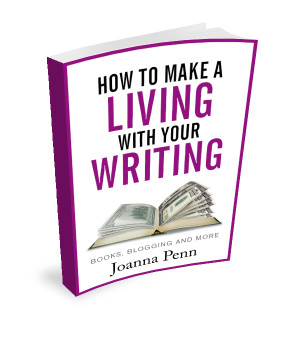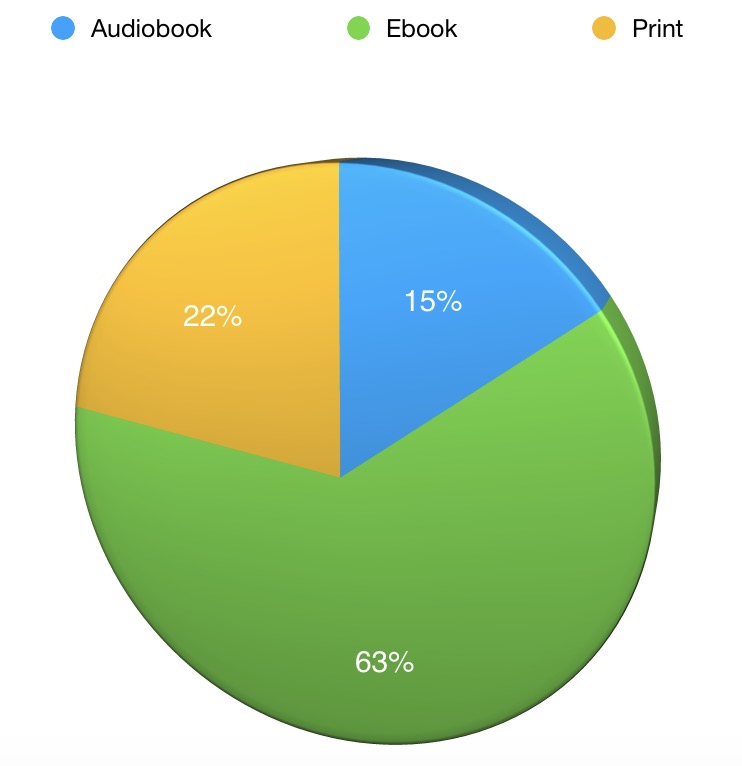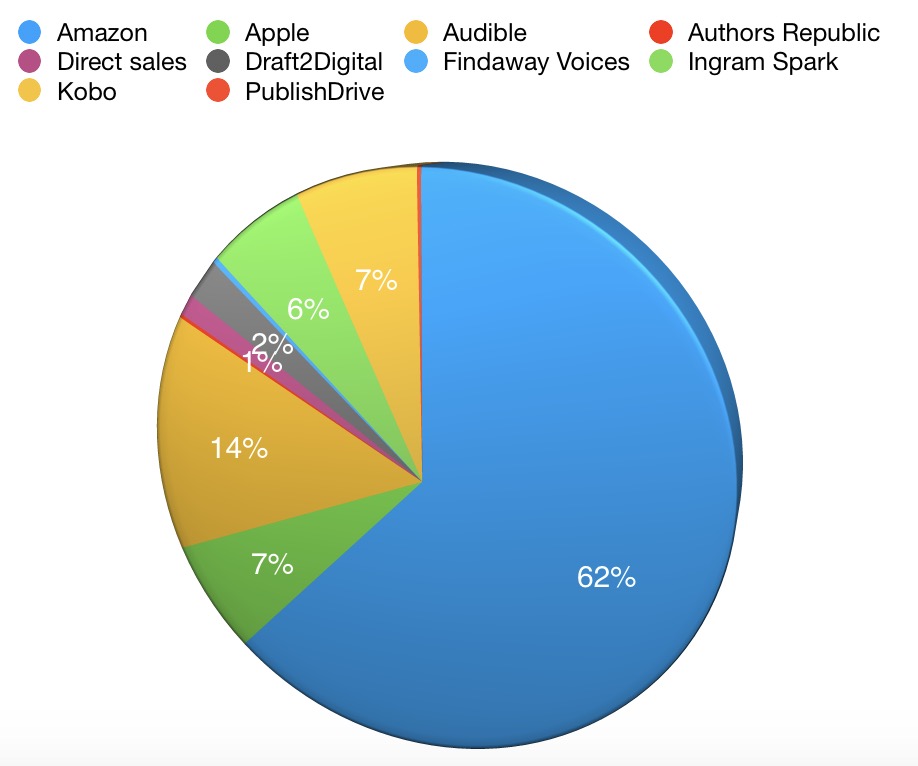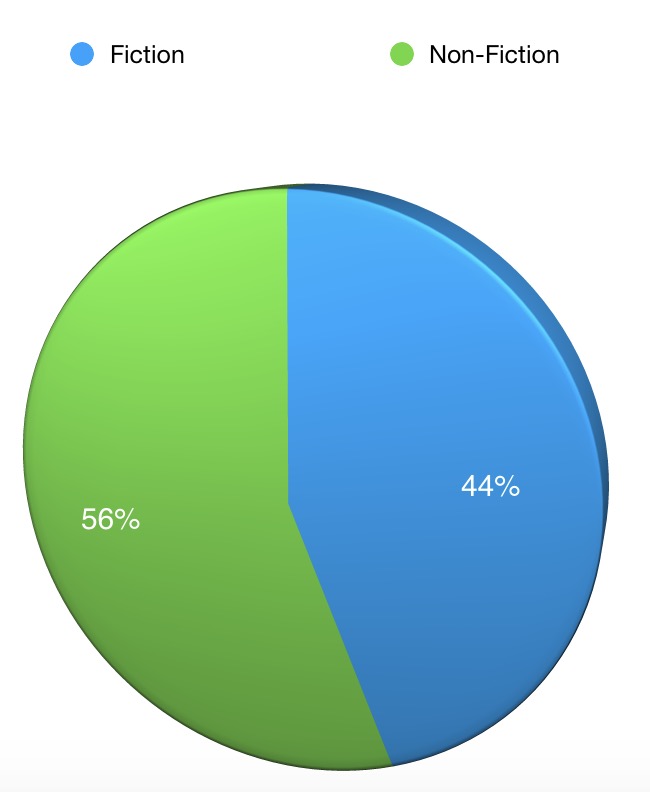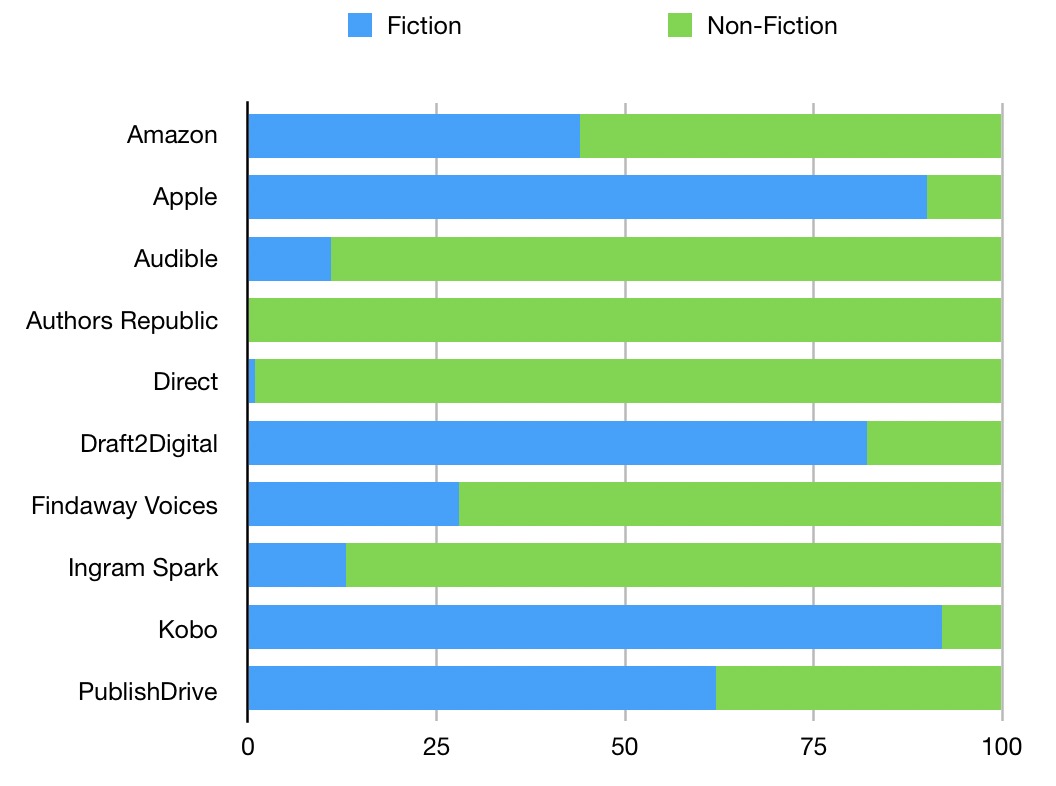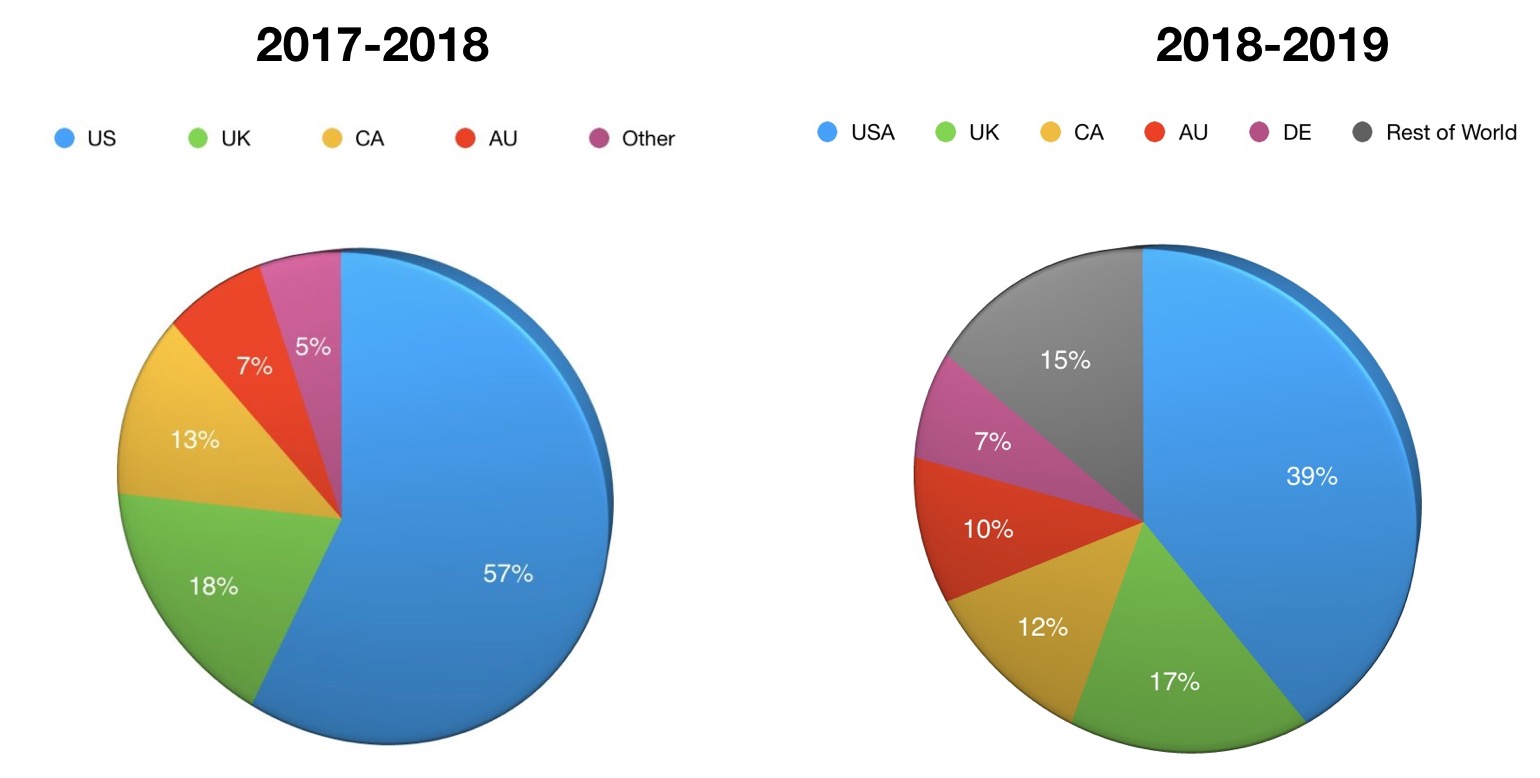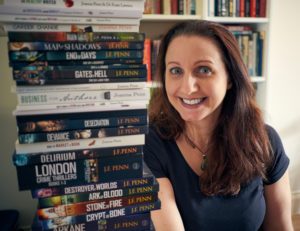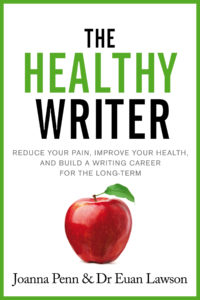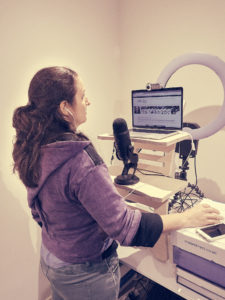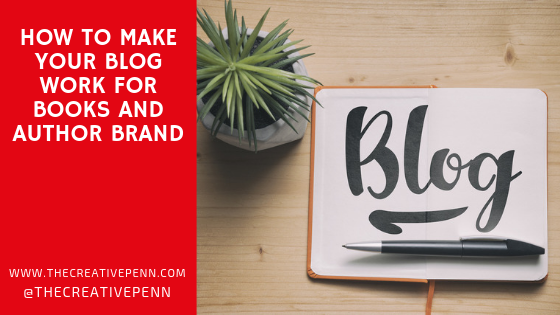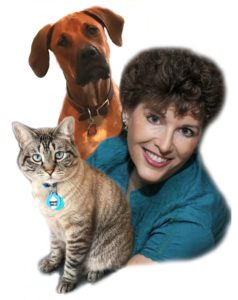Book marketing through organic reach on Amazon is over, but there’s no point lamenting the end of an indie era.
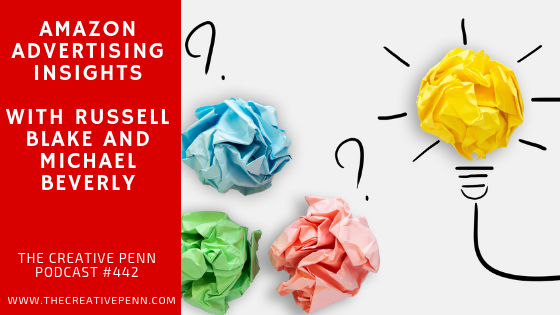 Surf the changes and get to grips with Amazon Ads — or outsource them if you’re ready to. Some hard talking — and encouragement — with Russell Blake today, as well as tips from Michael Beverly.
Surf the changes and get to grips with Amazon Ads — or outsource them if you’re ready to. Some hard talking — and encouragement — with Russell Blake today, as well as tips from Michael Beverly.
In the intro, I talk about the Audible Captions rights discussion [The Verge], Dean Koontz signs with Amazon Publishing [Publishing Perspectives], and Mike Shatzkin outlines how things have changed over the last 10 years in publishing.
Plus, my personal update around recovery from laser eye surgery — what grooves are you stuck in? Plus, Map of Plagues is out this week!
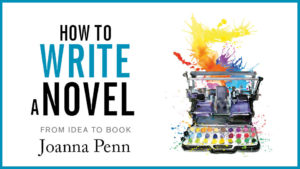 Today’s show is sponsored by my own courses for authors. If you need help with the writing craft, check out How to Write a Novel and How to Write Non-Fiction. Do you want to take your author journey to the next level? Check out Productivity for Authors and Content Marketing for Fiction, with more to come at: www.TheCreativePenn.com/courses
Today’s show is sponsored by my own courses for authors. If you need help with the writing craft, check out How to Write a Novel and How to Write Non-Fiction. Do you want to take your author journey to the next level? Check out Productivity for Authors and Content Marketing for Fiction, with more to come at: www.TheCreativePenn.com/courses
 Russell Blake is the bestselling author of 60+ novels. He’s a happy customer and investor in AMS AdWerks.Michael Beverley runs AMS AdWerks which manages Amazon advertising for established authors.
Russell Blake is the bestselling author of 60+ novels. He’s a happy customer and investor in AMS AdWerks.Michael Beverley runs AMS AdWerks which manages Amazon advertising for established authors.
You can listen above or on iTunes or your favorite podcast app or read the notes and links below. Here are the highlights and full transcript below.
Show Notes
- On the maturation in the Amazon retail landscape
- Why Russell was converted to using ads and how it’s affected his writing pace
- Which types of books are most effective with ads
- Why writing in series continues to matter
- How to calculate read through, which is an important stat when advertising
- On the eternal KU vs. Wide dilemma
- Why reader satisfaction matters to Amazon’s algorithms
- On how AI will affect advertising
You can find Russell Blake at RussellBlake.com. You can find AMSAdWerks at AMSAdWerks.com
Transcript of Interview with Michael Beverly and Russell Blake
Joanna: Michael Beverley runs AMS AdWerks which manages Amazon advertising for established authors. Russell Blake is the bestselling author of 60 plus novels. A happy customer and investor in AMS AdWerks.
Welcome, Michael and Russell.
Michael: Good morning. Thank you for having us on.
Russell: Hi Joanna, always lovely to talk to you.
Joanna: Oh indeed. And for listeners of the show, Russell has been on the show before talking about writing fast and that was a couple of years ago. Now you’ve got a ton more novels.
Russell: I do. And by the way you see, I’m trying to shame you and you’re having me on more.
Joanna: Well it’s working really!
Russell, I do want to start with you because you’ve been successfully self-publishing for eight years and you recently talked about that on your blog.
Why get into doing more advertising at this point? Is having a large backlist not enough anymore?
Russell: Would that it were enough! The problem is that at least as far as I can tell and Michael is the expert. I’m not. But the problem I ran into about two years ago was that I noticed that my organic visibility was fading and I couldn’t understand exactly why.
And then speaking to a bunch of other authors and doing research I learned that Amazon was giving preferable visibility via advertising. So really the landscape had transitioned from one whereas authors we got free visibility via also boughts and by via recommendations etc. from Amazon to one where it became a pay-to-play game.
Which, by the way, that’s the history of all retail markets as they mature. So this market has matured and now if you want visibility, if you want the end cap in the store, as an example, you need to pay for that position.
It occurred to me that was what was going on but I’m lazy and also a Luddite. So I did not know anything about advertising and I had no interest in learning so I started looking around for somebody that could execute and after success.
And I ultimately wound up with Michael and he gave it the old college try and it worked spectacularly. So from that point on we developed a relationship. I saw first-hand my sales I want to say doubled to tripled over the course of the last year that he’s been managing my ads. So that was a win.
My net has increased, my grosses are through the roof. I’m back to where I was in 2015, which was a pretty good year. So I became a convert and then as I learned more and more about how Amazon changes its algorithms constantly and how whatever worked last week doesn’t work this week I became convinced that there would be a market for a company that was an expert in doing just that for people like myself who have no interest and no ability and no time to do it themselves.
And if you just run a straight line calculation on what my per hour rate would be based on what I make off of novels and my other businesses I’d be the most expensive ad guy on the planet. It’s not something good for me to do it’s not a wise investment of my time.
I came to the conclusion that other authors who are struggling with the same thing would need the services the types and services the AMS AdWerks provides. And I’ve twisted Michael’s arm and convinced him to take some of my money and begin scaling it up, hiring people and expanding his offering. So that’s the long version.
Joanna: Which is fantastic. Just a follow-up question before I ask Michael something.
I know you love writing, but are you relaxing more and using the ads to kind of boost that as you say and get your income back up?
Are you still producing books at the rate that you used to? Or are you able to relax more?
Russell: It’s an interesting question because the operating paradigm I advanced for years and followed was you need to release a book about every six weeks or you’re going to fall off of the charts and your career is going to stall.
Since I began advertising I haven’t put out a book in four months, five months and my sales are now up from where they were four or five months ago.
So to answer your question I don’t feel like I really need to write more than one or two books a year now. In other words, I was averaging eight books a year for eight years. What that means to me is I have a large chunk of my life back and I can devote more time to quality and to thinking through more engaging and involved plots, which I think most of my critics will agree is probably a good thing.
And it’s been very freeing. It’s like when you get a maid and you discover you don’t need to scrub toilets anymore. It’s a revelation.
Nora Roberts scrubs her own toilet. Some people enjoy scrubbing their own toilets and I recommend that. It’s super duper.
I don’t. So for me, this has been a godsend and that’s why I put my money where my mouth was. If I like it this much, I bet you there are other people that do too.
Joanna: Absolutely, and I am someone who also pays for a cleaner. I love him.
So, Michael, we’re not calling you the maid. We are bringing you in as a very valued person.
Let’s talk about Ads because hopefully, we’re all at a point now where we accept that it’s necessary. And as Russell has said the organic reach has pretty much gone.
When are Amazon Ads most effective, because it’s not just a case of just slapping them on, is it?
Michael: No, not at all and that’s a mistake. A lot of people think that they can do this. The most effective is a deep series with full length and full price books for the genre and enrolled in Kindle Unlimited. That gives the most effective bang for the buck.
And it’s one of the reasons why for instance Jet did so well. The deep series is really required for the read-through and to generate the ROI required for how competitive the market is right now.
My ads will also be more effective in the sense they’ll serve more and you’ll get more impressions in the big popular genres.
However, there’s also more competition and higher prices and at the end of the day it just comes down to quality writing, which leads a reader through your series.
And a quality product meaning covers, blurbs, the product page that makes ads effective. The ad itself is is only going to be effective as what it’s advertising because the ad itself doesn’t sell the product, the product sells the product.
Joanna: Fantastic. What is a deep series?
Michael: Well from the advertising perspective I generally recommend somebody have more than five books. If you have two, three, a trilogy or you have multiple standalones, it’s very difficult to get traction with ads.
Now that doesn’t mean you can’t advertise some of these things but the scale that you can do it is much lower.
Readers love series. This is true in trad publishing, it’s been true all the way back to the pulp fiction days. You just get higher conversion rates, you get higher click through and you get more interest the deeper your series is.
It’s very similar to when you see something you like come out on Netflix but you don’t watch it until it gets to season three or four because you don’t want to get invested emotionally if it’s not going to continue.
So the deeper series obviously if you have 25 or 30 books highly rated with thousands of reviews in a popular genre like romance or vampire series that’s going to be easier to monetize than for books and you’re a new author.
This is just a reality that hasn’t changed with or without advertising, it’s just advertising now means you’re spending money, you’re investing your hard-earned dollars and trying to recoup that profit. And if your series isn’t deep enough and the quality is not there, that money generally ends up being wasted or your return is going to be very low.
Joanna: Fantastic. So also with read through. Obviously, I’ve had Mark Dawson on the show and readthrough is a something that I struggle with.
Now Russell also mentioned there about not being interested in leaving it to someone else. I do feel the same way.
And as you know, because you’ve been doing some ads for me, I don’t know my readthrough. I don’t know how to calculate it. Many authors listening will be in the same boat.
Without getting too messy and too techie, is there any way for authors to figure out read through so that they can decide on whether ads are working?
Michael: The simplest way is just to look at the money for book 1 and then compare it to the money for Book 2 and there’s just a simple division problem.
If you’re making ten dollars a day on book 1 and you’re making 8 dollars a day on book two that’s 80 percent. And as you follow that through your series you can see.
Now generally speaking what happens is from Book 1 to Book 2 you’ll have a bigger drop off because not everybody that tries your book likes it but as they go through book three, four or five you’ll see the read-through rate be very high.
So the money that you’re making on say book seven, eight or nine shouldn’t decrease too much in books nine and ten. If somebody is that invested in your series and in your writing style they tend to continue to read it.
Now on the ad side of it, to make the calculations real simple, the most basic way is just to look at what am I spending and what is the whole series returning to me? And then you can do a simple calculation of “Hey I’m making more money and what’s the percentage?”
Generally speaking, it’s pretty binary if you’re going to advertise. Binary meaning, Am I making money? If the answer is yes, continue. If I’m not making money stop and figure out what’s wrong and fix it or make adjustments so that I am making money.
Russell: And if I can jump in here from the author perspective, I can use Jet as an example. I think that’s got 17 books including the two prequels. It’s easy for me to go 65 or 70 percent of all readers who read book 1 then go on to book 2, because I can see that.
But it can take six months to clearly understand what your read-through is when you start an advertising campaign. It’s the difference between being able to say a reader of Jet 1 is worth twenty-eight dollars to me because 80 percent will read book two and of that 80 percent that moves that book two 65 to 70 percent will read books three through seven and then there’s a drop-off.
But you add all the money together and that reader of book one on average is worth whatever number it is.
I don’t think most authors think in those terms and they certainly aren’t patient enough to consider it a long tail over 3, 6, 9 months. But when you look at it that way, it changes the entire ROI of your advertising.
Now I’m a simple man, so I don’t spend a lot of time on that equation. I just look at it as in any six-month period am I making more than I was six months prior and after deducting Michael’s fee and deducting the cost of the ad. It’s real simple.
I don’t even go into the long tail and all of the rest of it. I just look at it in terms of what am I making now versus what was I making six months ago. Net of fees and advertising.
Joanna: Which I like because I’m pretty similar. I don’t know how many books I have sold volume-wise, I just look at my money every month.
Just keep creating because it’s fun and make some money.
But I do want to ask Russell, because as Michael just said books in KU do better. And obviously, everyone knows from this podcast I’m an advocate of wide publishing.
So you’re obviously in KU for your e-books.
What are your thoughts on KU? And do you do wide for print and/or audio?
Russell: I make six figures off of audio so I love audio. Not all of my books are in KU. I don’t know what the number is that are wide but you know it’s probably maybe 20 percent of my books are wide just to keep a presence there.
But when I went to KU, I’m not a fan. I look at it like the dollar. It’s terrible but it’s the least terrible of all currencies. So it’s kind of like the devil you know, you don’t want to dance with that devil because really it’s somewhat destructive.
I’ve written blogs about how I believe Kindle Unlimited devalues literature. Not that I produce literature but it devalues content because it trains the reader, it conditions them to believe that content is free because to them it appears to be free. And over time I think that’s a corrosive effect.
From an author perspective, having said that, I can’t ignore the economics. So when I look at what my overall earnings before I put everything into Kindle Unlimited and after it’s significantly higher I don’t blame Amazon so much for doing what they’re doing and I blame their competitors for not being better. I think that’s the way I would frame the pipeline.
Apple who had I don’t know how many opportunities to bury Amazon. They’ve got the scale, they’ve got the money, they’ve got the platforms so they could have really rendered Amazon to be a second rate player in this but they didn’t. I blame Barnes and Noble.
Joanna: Don’t blame them. Blame Google.
Russell: Well, I blame Amazon’s competitors for not being better. I guess that’s the way I look at it because I read all the usual message boards etc. and I see a lot of authors blaming Amazon. Evil Amazon is doing this and that, the other thing and I just look at that because I’ve got a background in business. That’s just business.
Anybody that expects their channel or their distributor to be a cuddly teddy bear that’s working on their side just doesn’t understand the inherently adversarial nature of business. So I don’t blame Amazon for coming up with a program that devalues content and uses it as a loss leader to drag eyes to their site. So people become conditioned to buying widgets and toilet paper and headphones through it.
Overall they make more money, especially if authors are willing to throw their content in there and participate. I don’t blame them for doing that because it’s a brilliant move. And it was inevitable.
I don’t blame them for removing the organic visibility and replacing it with a pay for play system by advertising. It’s a smart business move. Now what it does do is it effectively slashes an author’s margin by at least half or more. And you’ve probably seen that I’ve seen that if you calculated on a per unit basis if you sell one hundred thousand books before maybe you saw three hundred thousand dollars. Now you can make one hundred and twenty-five thousand dollars.
You have to sell the same number of books. Because you have to spend the rest of it on advertising. So it’s been a very effective way of reducing our margin to more like 30 percent from the peak. The purported 70 percent that nobody ever saw was more like 60 percent that the blended average isn’t everything from international etc. and download fees. But let’s say from 60 it took it to 30 because you would have to put the other money into advertising or you’re just not going to sell any books.
Joanna: Yes, as you say, we’re in a different time. But also, as you say, this is entirely normal retail practice.
I do want to come back to Michael. In terms of some interesting things that people might find useful, have you noticed any differences between genres or stores like the U.S. vs. U.K. or storefronts?
What are some of the interesting things you’ve discovered through doing big-name authors like Russell?
Michael: One of the things that’s both obvious and but also has a lot of subtlety is the difference in the genres. They’re vastly different in the quantity demanded by the readership.
So your big genres are romance and thrillers which obviously have many many subgenres. You just have a bigger audience so there’s more. The ads will move more product.
Now the methodology for success stays the same. So that’s probably the one thing that I can tell people with confidence that whatever genre you’re working in, the methodology, the ads and the methodology of creating a good product don’t change. So it doesn’t matter if you’re writing contemporary romance or a children’s book or a cozy Oxford mystery with a cat as the lead character. The audience will be different but the methodology is the same.
It reminds me of a Hugh Howey quote in a really well-received blog. He wrote about how to become a writer and one of the things he said is look around in the genre and you must be the best, hardest worker in this group. Everyone that’s fighting for the readers in that genre — work harder than them. That’s the number one rule.
So with the advertising coming into it, it magnifies this in the past. You could have a subpar cover and still get traction. You were getting organic visibility and the supply side was less.
Now the supply side, meaning the writers, there are more of them, they’re more professional, they’re more seasoned so the competition’s more. And when you’re advertising you’re not just putting in your sweat equity. Before when you wrote a book most of your investment was your time. You pay a little for a cover and maybe editing and a few things. But now there’s a big cost in the ads. And that is money you’re risky.
So if the product quality isn’t up to par it’s going to be very, very difficult. And so now if you’re already in a genre and you’re writing what you love the thing is to do to be the best you can be in that.
If you’re coming at this like you’re planning and you’re not sure what to write then this is an entirely different question going back to write to market or what should I pick. That’s a whole other subtopic.
Russell: Yes, that’s not an advertising question. That’s right. That’s a what should I write and why question.
Michael: Exactly. So what I’ve noticed in the advertising is that in the big, giant genres the number of impressions that you can get is astronomical.
In the smaller genres, if you’re trying to advertise into a smaller genre, it’s much more difficult to get the same volume. There’s just not as many searches on that.
So to reiterate, it’s all about the quality of the product you’re offering regardless of the genre you’re in. This is true whether you’re fighting in the biggest thriller markets against a Lee Child, Jack Reacher type series or you’re in contemporary or you are trying to go for the 50 Shades of Grey crowd or the fantasy Harry Potter group.
It’s always going to be going back to the quality. This is the fascinating thing about the algorithms. I believe Amazon tracks very carefully how many readers go through it. This is especially true with how many readers finish your book one? That matters. How many readers go to and buy book two? That matters. And the reason it matters in the ads is because Amazon is monetizing the space.
If they can sell ad space to you for a dollar a click or Author B for a dollar a click, they don’t just look at that dollar. It’s not like you can bid another penny and beat the other author out. If that other author has 20 books and their read through is fantastic they can actually get that click for 80 cents on the dollar.
And in order to overcome that you’ve got to bid really high, which now becomes a losing proposition because you don’t have the deep series in the long run.
Russell: So you’re saying, and I think we’ve seen this, you’re saying that Amazon looks at the entire net effect of a series. My series Jet, as an example, that you advertise, that they’ll go OK, X number will go to Book 2 and X will go to Book 3 and X will finish the series.
And therefore that impression that turns into a click that then turns into a sale is worth twenty-nine or thirty-five or whatever dollars to us versus Joe Schmo who’s got a five-book series and has not so great read through is maybe worth seven dollars to them, they’re obviously going to favor that 30 dollar profit every single time, which is smart.
Joanna: That’s a very, very good point. One of the things I’ve heard from people who don’t like paid ads is that they think paid ads mean that crap books will sell more.
But what you’re basically saying is you could throw lots of money at a crap book but the algorithm will eventually work out that readers are not enjoying that and that they’re not going to make money that way. And so they are more likely over time to surface the ones that people are buying.
Does that mean there is – let’s not call it quality, let’s just call it readers are enjoying this book. That does mean that, doesn’t it, over time?
Michael: Yes, absolutely. When I say quality that’s exactly what I mean. I’m not making a comment.
Russell: Popularity.
Joanna: Yes popularity.
Michael: In other words, it’s meeting the expectation of the readers in that subgenre.
And this might surprise you, Joanna, but I actually had a client in which I tried to dissuade from starting. I said you need to work on stuff more and he really really wanted to try it.
And so we did of course. I’m not going to refuse something that really wants to try. We couldn’t get Amazon to take his money, his ad spend. We were lucky to be able to spend two dollars a day and we were trying very hard.
And the reason is because the algos recognize that even if he’s bidding two dollars a click the net profit from letting him have that space loses Amazon money. They’re going to give that space to somebody that has read through and a higher reader satisfaction.
So that’s an important thing to keep in mind. You cannot bully a poor product into visibility for very long. Now people may comment on ‘hey, that’s not my style.’ I don’t like the writing but if the readers of that genre are buying that book it will continue to get visibility and those ads will get better relevance and they’ll actually serve at cheaper prices.
Joanna: Can you comment on fiction versus nonfiction? Because you’ve also been doing my ads for nonfiction, but we’ve had a lot more success, in inverted commas, with nonfiction because it’s so much easier to target nonfiction readers.
Any thoughts on fiction vs. nonfiction.
Michael: Well yes, if you have a good nonfiction catalog some of the same rules apply. Series do better than stand-alones, and you want to have read through.
It also helps tremendously if you are nonfiction is leading to something outside of an Amazon that you’re monetizing. Now all that to be said the general rules apply – good covers, good blurbs, good reviews; the product still matters.
Now the reason that nonfiction in the right genres does well with ads right now is just because the competition is a lot less. You’re not bidding against a thousand people like if you’re in a hot genre, whatever people think is hot, whether it’s lit RPG, military sci-fi or whatever is hottest in the romance genre at that time, whether it’s billionaires or shapeshifter bears.
Whatever’s hot is always going to be more expensive and harder.
Nonfiction doesn’t tend to have the same sort of up and down trends. Next weekend in romance maybe a certain thing we’ll start becoming hot. That doesn’t change as fast in the nonfiction and nonfiction books sell like that.
This has been true in trad pub for many, many years. People buy non-fiction books. A lot of nonfiction books especially in the information stuff also sell in paperback and you end up with a lot of a lot more customer loyalty.
Russell: If I can interject an important point, I haven’t heard Michael talk about but that I discovered early on just as a breakthrough. And remember, I’m not that smart so it takes me awhile.
Advertising cannot sell in your book.
It can’t. That’s not the purpose of an ad. An ad’s purpose on Amazon is solely to get the potential reader to the product page. The product page then sells in the book. So you have to look at it as a stage.
The purpose of advertising is to create a funnel and get as many people as humanly possible to your product page. If the product page is interesting, if the blurb is good, if the cover is exciting, if you’ve got good reviews if you looked inside is literate etc then those impressions and clicks to your product page will translate into sales.
So I think it’s really important because it took me a while to get that. But the purpose of the ad is not to sell my frigging book. It cannot do that. The purpose of the ad is to generate traffic to your product page and get you visibility. And at that point, it’s up to the product to sell itself.
Michael: Yes, absolutely. With the way Amazon is set up right now, the number one thing is the cover. That’s what people see first. So your emotional trigger. The cover itself will generate a click.
Now one thing, I would make a slight correction to what you just said. You said you want to get as many people clicking as possible. I would I put a slight caveat on that. You don’t want a lot of people clicking that aren’t the right target because you’ll just spend money on clicks and they won’t buy.
I’ve seen this happen sometimes with very interesting covers that they tend to be sexual covers. People click on it, they’re interested, but they don’t read in that genre necessarily, then that becomes the kiss of death because you spend a lot of money on clicks but you don’t convert. So mostly what you said is mostly right.
It’s part of our job on the advertising side is make sure that we’re targeting properly so you’re not generating interest to people that are just curious. You’re generating interest to people that actually read the genre you’re advertising. Qualified prospects only.
Joanna: This does come back to write to market because this is something I’ve been thinking about. In the last year, I have met people who are writing in what in previous years have been described as “terrible genres for sales”. For example, literary fiction or children’s picture books, which are very difficult to sell in the old model because they don’t write 8 per year. The high volume model doesn’t necessarily work.
But they are now doing incredibly well with advertising because there’s hardly anyone else advertising in these markets.
Are we at a point where write to market has changed to write to advertise and people will be looking for niches that are under-advertised in order to make ROI?
Michael: Yes, people are going to be doing this. The next question to follow up that is is it wise?
It’s very similar to the write to market problem. If you jump into a romance category or a sci-fi category that’s hot at the time only because of that you have to remember that this hotness is not only potentially going to end but that hot genre is going to really, really drive up supply.
One thing, going back to the children’s books and say the literary fiction, one thing that I don’t see a lot now is the trad advertising and fighting for space on the S.P. carousel and in other places. That could change tomorrow. We don’t know. We don’t know the inner workings of everybody else that could enter the market.
So if you were to come into the market only because you saw hey this is a good advertising niche, you have the same inherent risk that you do if you decide you’re going to write a shapeshifter dragon romance AMC club because that’s hot right now.
And romance can be very, very profitable if you’re on the front end but it has an inherent risk that it could end quickly and it also has the problem. If you’re writing in a genre that you don’t read and don’t care about your quality is likely to suffer and you might also drive yourself crazy because you’re writing something that you don’t want to do.
Russell: Thanks for giving away my next series concept there with the Dragon shapeshifter romance. Thanks tough guy. Thank you.
Michael: Yes well you should shelve that right now.
Russell: There goes that market opportunity. Another million-dollar idea down the drain.
Joanna: Any thoughts on that, Russell?
Russell: I’m probably the worst guy in the world to talk to you about write to market because I just look at it from a very commonsensical way that most of my readers in the thriller genre, for instance, have probably read a thousand books by the time they get to mine. So they’ve got a lot of depth. They’ve read for decades in that genre.
So if somebody comes in and they don’t have that 10,000 hours, if you will, of expertise for the genre norms and all of that in the genre, they’re probably going to fail because they simply don’t understand at a basic level or seminal level, instinctive level what works and what doesn’t.
I’m not sure that being the write to market guy is all that smart unless you really really really have depth in that market. So that’s one thing I would say on the write to market or to advertise.
It makes great sense. Companies do focus groups all the time to say hey what do you think of this versus that. The problem being that this is content. So if you’re going to try to cherry-pick genres based upon your competitors advertising budgets boy, how do you write compelling content in that genre. I wouldn’t be able to do it.
Joanna: No. I think I’m saying two things. In the last five years of indie, the established wisdom has been to write in a popular genre where there are a lot of readers and write a lot of books. But as you’ve said things have changed.
So now what I’m saying is I’m encouraging these people who write already write in genres they’ve might have felt in the past that they were not able to make money as an indie in specific genres. But now I think there’s more opportunity than ever. So that’s one thing it’s a very positive thing. If you already write and maybe you have a backlist in another genre.
But secondly, this is what I see coming in terms of we’ve seen scammers with KU flooding niches with crap books.
It may be that we’re going to see the next round of scams or people flooding KU in under-advertised markets.
Russell: That could be, but I’m a great believer that at the end of the day my grandmother used to love to say that at the end of the day price is forgotten, but quality isn’t.
That’s my philosophy when it comes to the pulp mill approach which is, get a bunch of ghostwriters and just cram a bunch of technical porn onto KU and see what happens at the end of the day. Those are fads and fad curves tend to drop off like a cliff.
I understand what you’re saying and I think yes there will be opportunities there to cherry-pick genres that are underserved from an advertising standpoint. And if you already have depth then to capitalize on your competitor’s not being particularly smart or fast to move. But I wouldn’t recommend that as a career because what are you going to do in nine months in when everybody else is doing the same thing and the fad curve collapses and suddenly your can’t fail business model that you’re pouring a ton of money into because you’re advertising, what happens when that stops? Because they always do.
I have yet to see a pulp mill approach actually be sustainable over a period. As long as I’ve been writing, let me put it that way, eight years now.
I will qualify that with there are some people who employ ghostwriters who write to specific markets. I can think of one who’s dominated the number one and number two position on Amazon for at least four or five years. Who does a reasonable job of delivering on expectations. And is a brilliant marketer.
So can it be done? Sure but that’s no different than James Patterson putting out 14 books a year which are all “co-written”. He’s just very good at delivering to the genre he’s in. I’m not sure most people were all that good at that. I think there’s a reason there’s only one James Patterson.
Russell: Yes I agree and I think what we’re coming back to is the positive stance as you said at the beginning and as I have as well.
As someone who’s been self-publishing for 10 years is to write what you love. Put some ads on it, because you need to nowadays. Don’t try to scam things.
What’s nice is that advertising has changed things a little bit but it doesn’t change the fundamentals which are: write a good book, have a good cover, treat your readers nicely. These things haven’t changed.
But we’re almost out of time. So I do have one more question, Michael.
I’m pretty obsessed with A.I. at the moment. And I was reading one of the Amazon marketing pages around the auto-targeting and one of their sales pages basically said you do not need to speak the language to advertise in these other markets. You can use all auto-targeting.
If I have a book in French, because I do have books in French, I could just put the auto-targeting aunts on these books without having to know French.
What do you think about the auto-targeting aspect of ads? And will it put you out of a job in the next couple of years?
Michael: The easy answer to that is no. And here’s why.
What’s happening right now on the sponsored product manual ads, which they call manual only because you target those towards a subgenre. I think the last count there was over 8000 on Amazon that you can.
The way their algos look right now, and this could change tomorrow, but right now those category ads we use for testing and research but not for profit. The bid prices on those is through the roof and the AI is gladly taking people’s money in just there but it’s not mature yet. So I’m not sure what Amazon’s plan is right now.
It’s very similar to back in January when lock screens first came out and everybody went mad over them and basically, almost everybody was losing money except for a few people. That’s toned down a little bit.
The problem with AI is who’s AI is it? In this case, it’s Amazon’s A.I. So if you give over your decision making to Amazon’s algorithms, guess who Amazon is trying to make rich? It’s not like they don’t mind if you come along for the ride, but their primary objective is to monetize for them.
So what we’re seeing in the category ads is way way way over bids and you can do that. When I look through some of the sponsored ads sometimes I’ll see really really misplaced ads. I wonder, why is somebody on the front? I know they’re paying a really high premium for this ad only it’s a completely wrong target.
The answer is somebody has decided to let the automatic stuff do it.
To end the question, in the future, yes, maybe AI will be writing the novels themselves and marketing them and we’ll all be out jobs. But for the very foreseeable future, it takes a human to adjust the spin and modify the target so that you’re optimizing your profitability. And right now, the automated part is a helpful tool. But if you just rely on it by itself you’ll tend to waste a lot of money.
Joanna: I agree. In that we’ve in the past used the auto-targeting to get a whole layout of keywords that might have pinged but then moving that into other things. So it is a really interesting prospect now.
Final question then. Obviously many people listening are going to be interested, as Russell and I said upfront, at using an outsource service like yours.
Give us a sense of what AMS AdWerks does and what type of clients are right for the service.
Michael: What we do is we manage the things on Amazon that many people don’t want to touch and free up the time for the authors to get more product to market, which is paramount to success: quality and quantity.
If you don’t have good quality and you also don’t have a big catalog the advertising is very very difficult.
So our value proposition is we take the time and we do the time at a rate and a price in which your time, as Russell had explained earlier, you know you’re going to make more money getting more books to market. So that’s where you should be spending your time.
Now the ideal client for us is going to have somewhat of an established backlist and they’re going to have somewhat of a predictable income coming in for new releases. It’s not perfect, but if you release it into this series you’re going to make more money because you’ve done it already.
So getting that next book out is a way more valuable use of your time than spending it on this. Another type of client is just somebody that hates the data. They hate the monotony of it. They don’t want to track anything. And so what we do is we just take that off your hands.
I think I’m pretty good at communicating to people whatever questions they ask of me. So I like to be as transparent or I have some clients that don’t want to talk to me ever. They just want to know what goes in the machine and what comes out.
Russell: That would be me by the way. That’s me, Joanna. I don’t really care about excuses and reasons and rationalizations. I just care about do this. That’s it. That’s all I care about.
Joanna: I guess what I want to make clear is I know a lot of people will be keen but I want to also put off the people that this doesn’t necessarily suit.
Russell: One of the things that Michael’s good at is basically – and I’m not b*s you – he’s not going to take on clients he doesn’t really think that he can do anything for because he’s got a waiting list. So it’s not like Oh let’s get a bunch more clients and just grind through them and then disappoint everybody.
If you’ve only got a few books and if the books aren’t professionally written and edited and covered etc., you probably just aren’t a good candidate for AMS AdWerks and you may not be a good candidate to be an author. I would frame it that way. It’s just very simple.
So the larger your backlist and the more readable it is, all advertising does is increase your visibility to it. So more if more visibility on a poorly generated product or poorly crafted product is not going to increase your sales necessarily because it still sucks.
Going back to your foreign language thing, instinctively I would go yeah there’s probably some segment of Germans for instance who will buy English language books based upon your advertising in Germany. But to throw any serious money at that I’d have to really believe that that’s a viable market because otherwise the product simply doesn’t fit the market. So I don’t know the answer to that but that’s just instinctively my reaction.
Joanna: Just on that, 7% percent of my book sales revenue this year comes from Germany for books in English. So that was very surprising to me. I don’t do any Amazon ads or anything. That’s purely through this podcast and my blog.
I also want to be really clear I am a happy client of AMS AdWerks. I’m not an affiliate. So I wanted Michael and Russell to come on the show because I think they have interesting stuff to share with you guys, my audience. I’m not receiving any kickbacks so this is not just an advertorial. This is meant to be useful. So I hope you found this really useful.
Michael, if people do want to talk to you about whether they’re a potential client how do they get in touch with you?
Michael: They can jump over to the AMSAdWerks.com website. We have email there. It’s the info email and they can just send me a query introduce themselves. Give me a link to their Author Central. Maybe explain a little bit about their catalog and then I’ll be happy to take them to the next step. Give them some information about whether I could be helpful or whether I think they need some more work to do, as Russell said.
I don’t like to work with clients that I know we’re going to have no chance to succeed. Now I have had some people come to me when they were at say book four or five and I said to them look call me or write me in four or five months when you’re at seven or eight. And those people did end up becoming clients in that situation. So I’m happy to answer those questions like hey you need to get to here.
Joanna: That’s fantastic. And I have found you incredibly good at answering my, let’s face it, stupid questions. So you’ve been just great at helping someone who is not very data-minded.
Russell, just tell everyone where they can find you and your book is online.
Russell: I am everywhere now. If you want to read my blog, it’s RussellBlake.com. If you want to find me on Facebook where I post rants and pretty much anything I’m thinking about, I think it’s Russell.Blake.books.
But you can just search my name, Russell Blake. I’m trying to think if there is anything else. some of my books are available wide on all platforms. Many of them are exclusive to Amazon and Kindle Unlimited right. So you can just go to the Amazon page and then check out my author page and see how many I’ve written. I forgot. I don’t even know I know it’s more than 60 but it maybe 65, maybe sixty-three. I don’t even know how many books I’ve got out there anymore.
Joanna: It’s fantastic and I do enjoy your blog and it’s great to have you back on the show. So thank you both for your time. This has been great.
Michael: Thank you so much, Joanna.
Russell: Thanks for having me, Joanna and Michael.
Podcast: Play in new window | Download

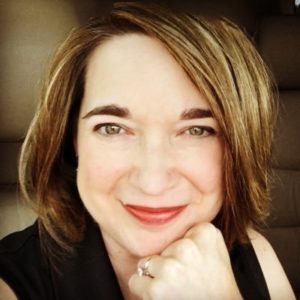 USA Today and Audible bestselling author Sara Rosett writes lighthearted mysteries for readers who enjoy atmospheric settings, fun characters, and puzzling whodunits. Publishers Weekly called Sara’s books, “satisfying,” “well-executed,” and “sparkling.” Sara loves to get new stamps in her passport and considers dark chocolate a daily requirement. Find out more at SaraRosett.com or How to Outline a Cozy Mystery.
USA Today and Audible bestselling author Sara Rosett writes lighthearted mysteries for readers who enjoy atmospheric settings, fun characters, and puzzling whodunits. Publishers Weekly called Sara’s books, “satisfying,” “well-executed,” and “sparkling.” Sara loves to get new stamps in her passport and considers dark chocolate a daily requirement. Find out more at SaraRosett.com or How to Outline a Cozy Mystery.







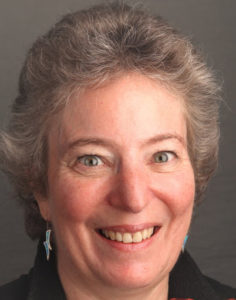
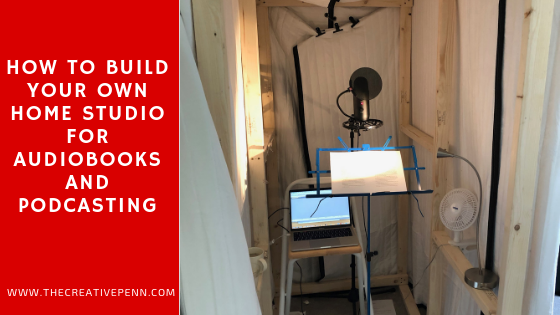 I’ve been podcasting since 2009 and recorded my first audiobook in 2015, when
I’ve been podcasting since 2009 and recorded my first audiobook in 2015, when 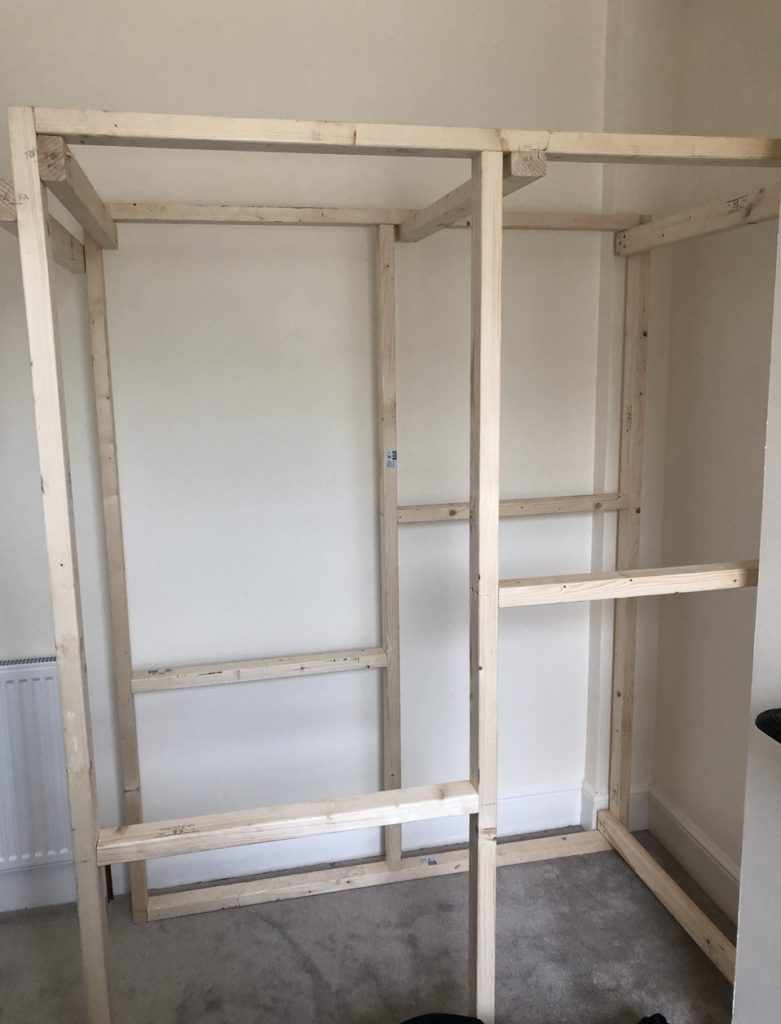
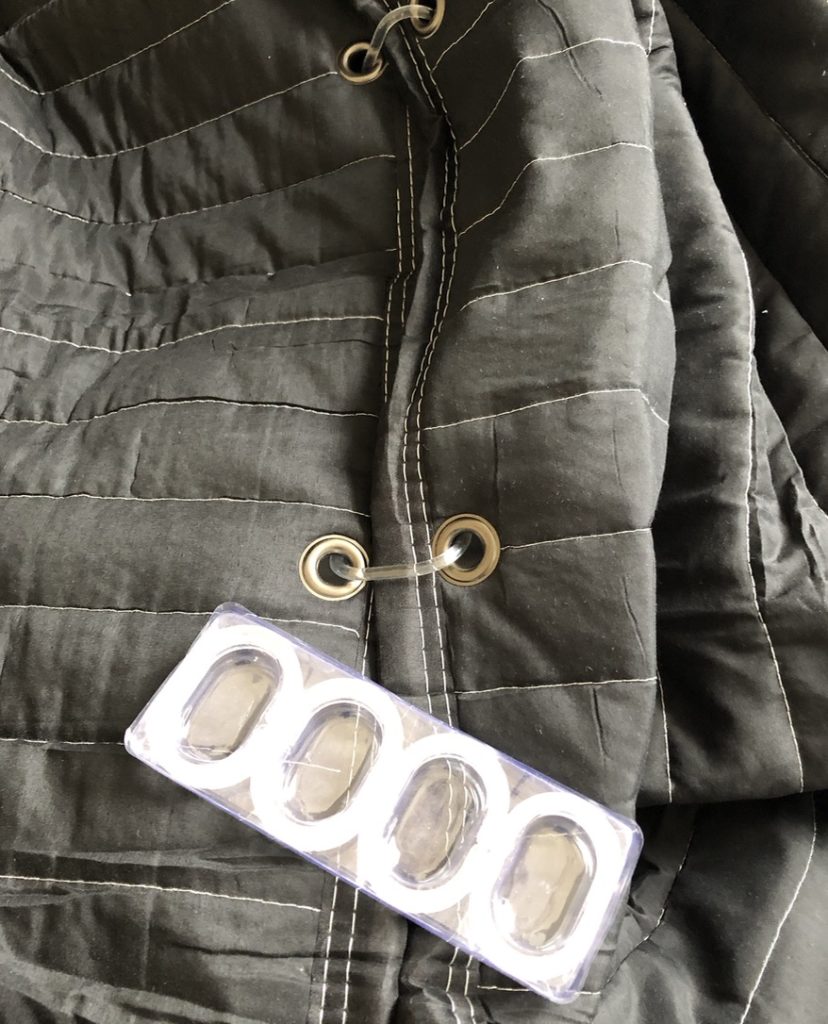
 I can go inside and seal the door behind me with a bulldog clip and the sound is brilliant. It’s incredible how much difference the blankets make.
I can go inside and seal the door behind me with a bulldog clip and the sound is brilliant. It’s incredible how much difference the blankets make.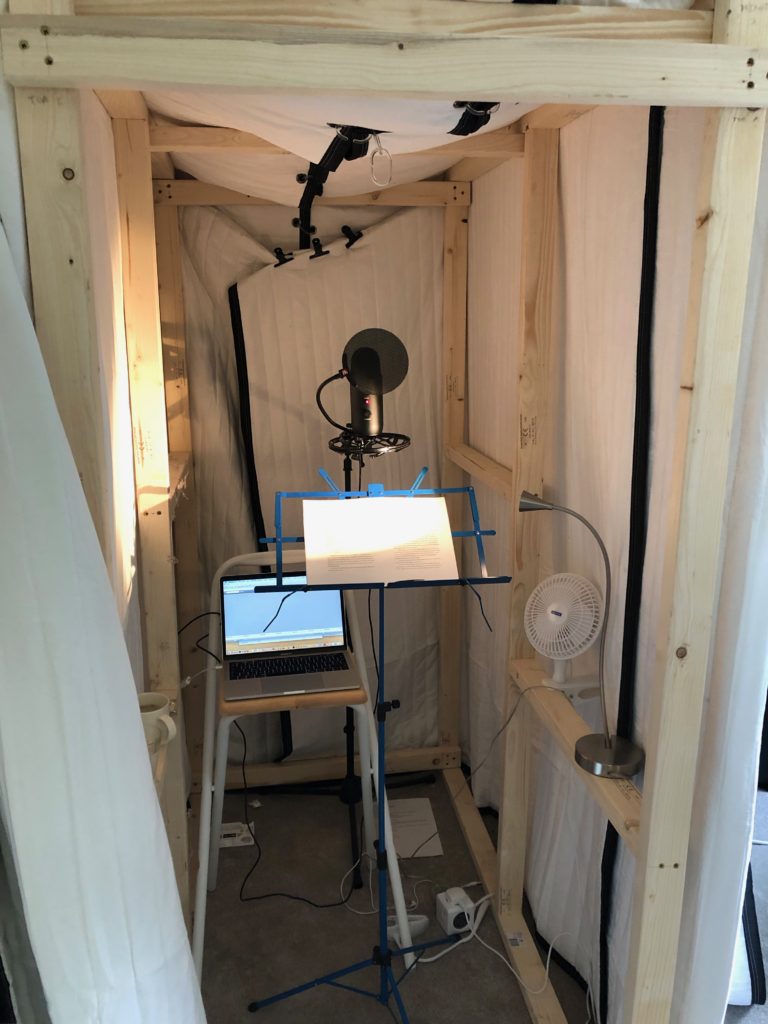
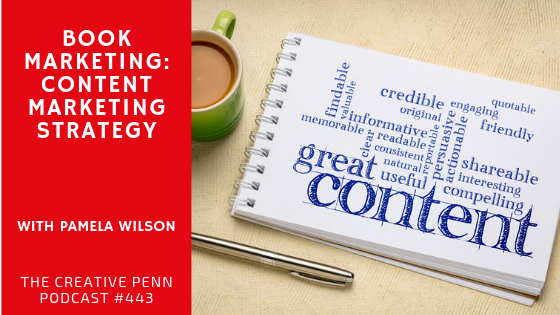
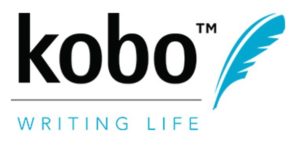
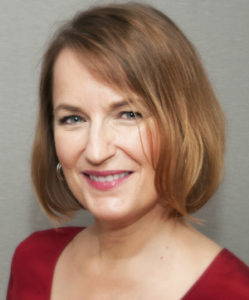
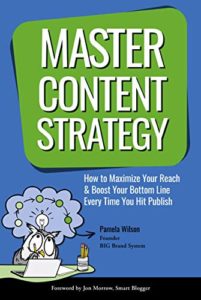







 Surf the changes and get to grips with Amazon Ads — or outsource them if you’re ready to. Some hard talking — and encouragement — with Russell Blake today, as well as tips from Michael Beverly.
Surf the changes and get to grips with Amazon Ads — or outsource them if you’re ready to. Some hard talking — and encouragement — with Russell Blake today, as well as tips from Michael Beverly.

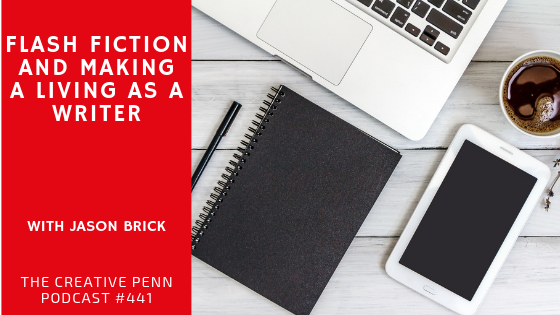


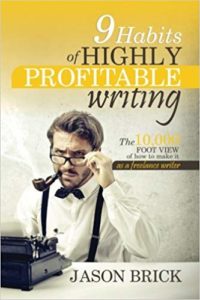
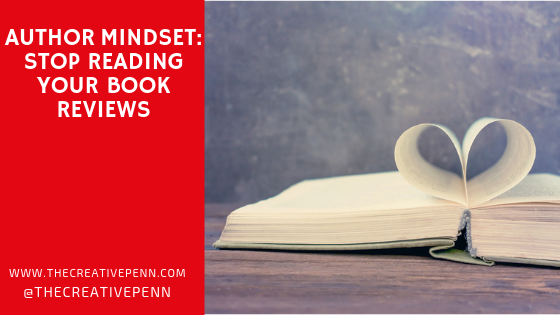



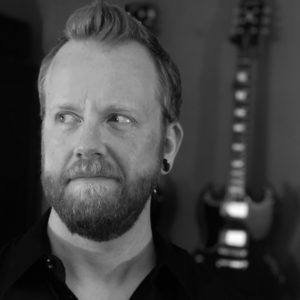
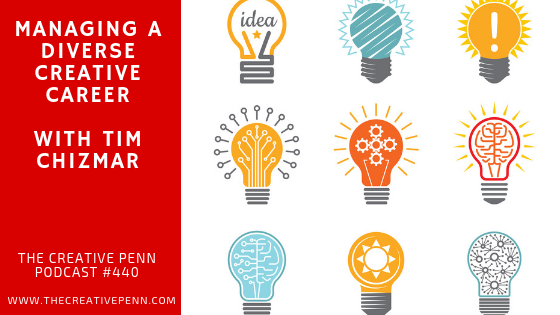 What if you are interested in writing in multiple genres?
What if you are interested in writing in multiple genres?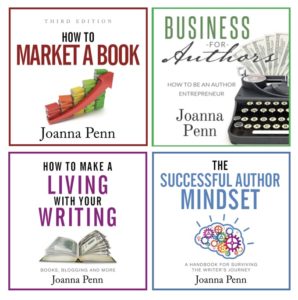

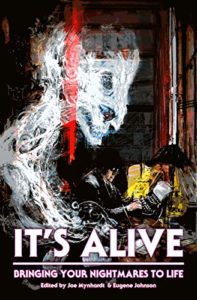 Taking chances to meet the right people
Taking chances to meet the right people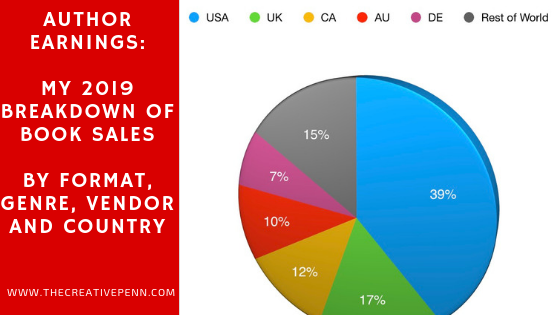 Remember, it’s not about comparisons, it’s about
Remember, it’s not about comparisons, it’s about 